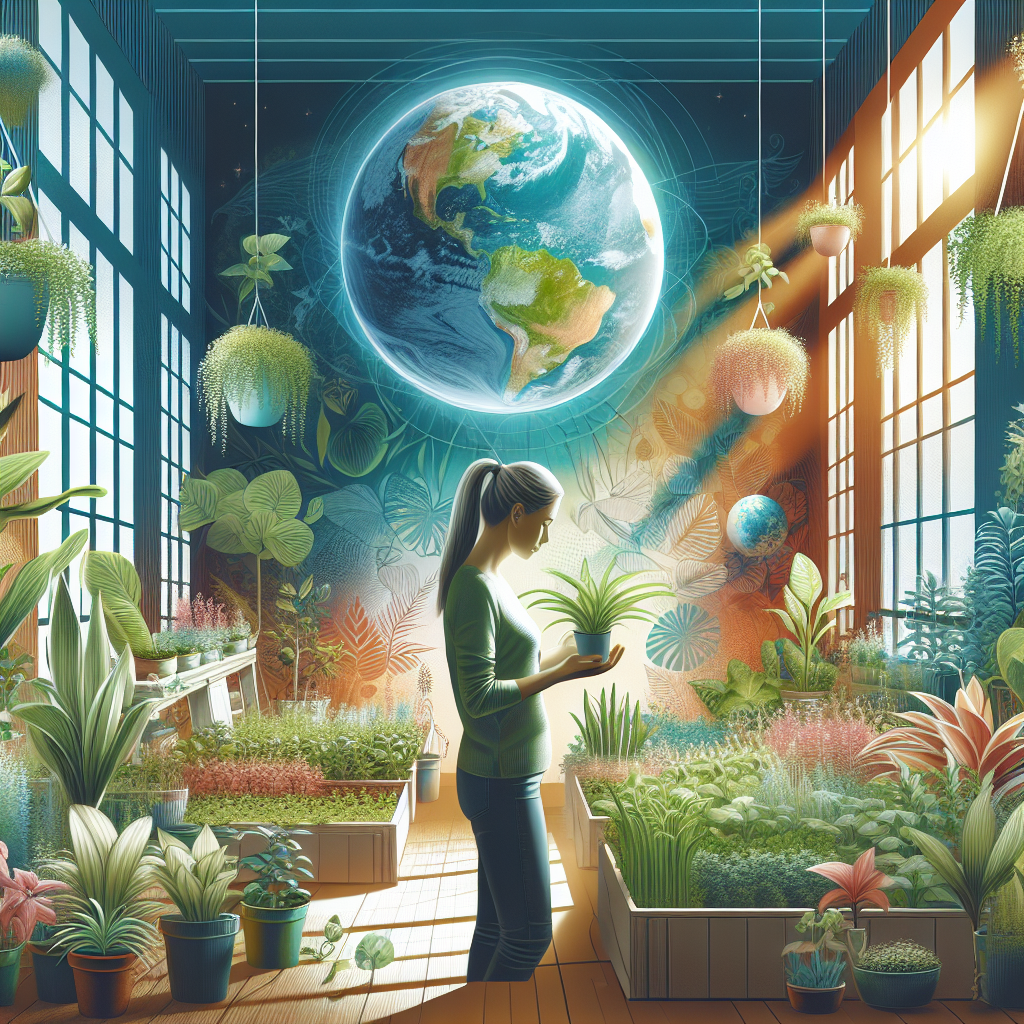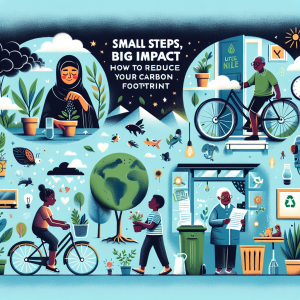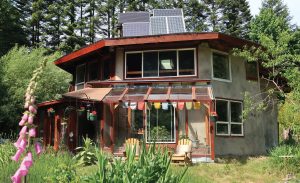In recent years, indoor gardening has surged in popularity, becoming a beloved hobby for many people around the world. From tiny succulents perched on windowsills to lush vertical gardens that transform living spaces, the power of plants extends far beyond mere aesthetics. This article explores how indoor gardening can profoundly benefit individuals and the planet.
1. Psychological Benefits
Stress Reduction: Studies have shown that interacting with plants can reduce stress levels and promote relaxation. Simply being in the presence of greenery can elevate mood and foster a sense of calm. The act of nurturing plants encourages mindfulness, pulling our attention away from everyday stresses.
Enhanced Productivity: Indoor gardening has been linked to increased productivity and creativity. A study conducted by the University of Exeter found that employees with plants in their workspace were 15% more productive than those without. The presence of nature stimulates cognitive function and enhances focus, making indoor gardens not just beautiful but also beneficial for work environments.
2. Health Benefits
Improved Air Quality: Indoor plants act as natural air purifiers. They absorb carbon dioxide and release oxygen, enhancing air quality. Some plants even filter harmful chemicals, such as formaldehyde and benzene, creating a healthier living environment. A few excellent options include spider plants, peace lilies, and snake plants, which are known for their air-cleaning properties.
Enhanced Well-being: Engaging in gardening activities provides physical benefits as well. From watering and repotting to pruning, these activities can improve hand-eye coordination, increase physical activity levels, and even promote better posture. Moreover, consuming homegrown herbs and vegetables contributes to a healthier diet.
3. Environmental Benefits
Carbon Footprint Reduction: Indoor gardening not only benefits individual health but also contributes to the health of the planet. By cultivating plants at home, individuals can reduce their carbon footprint. Plants absorb carbon dioxide, helping to mitigate the impacts of climate change.
Biodiversity Promotion: Indoor gardening can support biodiversity, especially when homeowners choose native and pollinator-friendly plants. These plants can serve as habitats for beneficial insects, providing a sanctuary for bees and butterflies that are crucial for pollination.
Sustainable Practices: Indoor gardening encourages sustainable practices such as composting and the use of organic fertilizers. Home gardeners can reduce waste by composting kitchen scraps and repurposing materials for their gardens, reducing landfill contributions.
4. Community and Connection
Fostering Relationships: Indoor gardening can create bonds among family members and friends. Involving children in caring for plants can instill a sense of responsibility and connection to nature. Additionally, sharing experiences and knowledge about plants can foster community ties and lead to the exchange of cuttings and seeds, enriching social interactions.
Greening Urban Spaces: In urban environments, indoor gardens provide a much-needed connection to nature. They transform drab living spaces into green sanctuaries, enhancing the quality of life for residents. As urbanization continues, creating indoor green spaces can counterbalance the concrete confines of city life.
5. A Therapeutic Retreat
Nature Therapy: The concept of “biophilia,” the innate human affinity for nature, highlights our psychological need for connection with the natural world. Indoor gardening serves as a therapeutic retreat, allowing individuals to connect with nature, even in the most urban settings. The act of nurturing plants can be profoundly rewarding and emotionally fulfilling.
Conclusion
Indoor gardening holds incredible potential for enriching lives and supporting the planet. Beyond just a trendy hobby, it fosters mental and physical well-being, combats climate change, and cultivates community. Whether you have a sprawling space or a tiny apartment, there is always room for a few . Embrace the power of plants, and let your indoor garden flourish—both for your health and for the health of our planet. The journey of nurturing a small seedling can lead to significant transformations, not just in our homes but in the world around us. So, grab a pot, some soil, and a little bit of sunlight, and let the power of work its magic!




